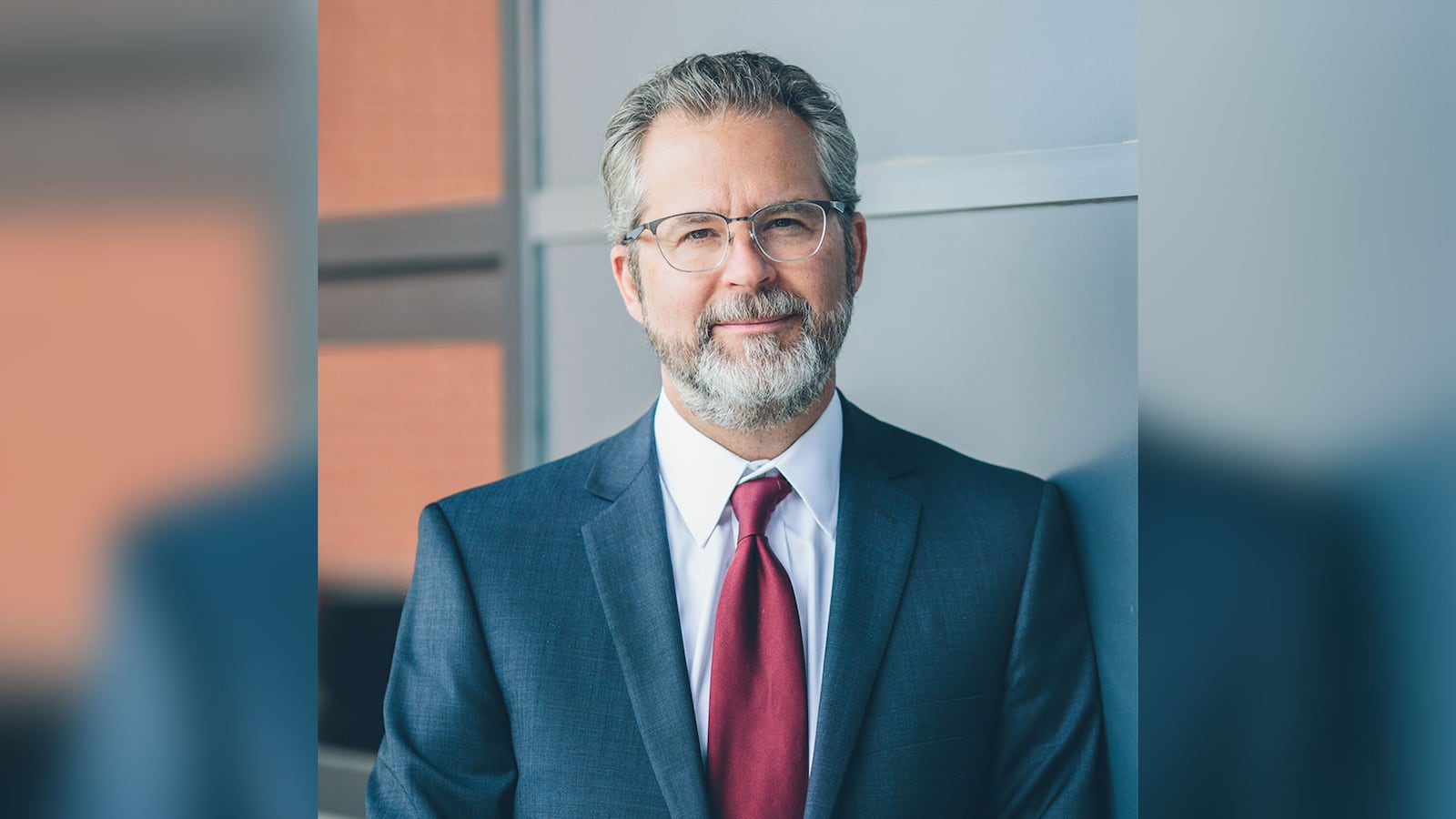The University of Montana law school dean announced his resignation on Thursday amid allegations his administration tried to discourage women from reporting sexual assaults and mishandled other misconduct allegations.
In a Thursday letter to the Alexander Blewett III School of Law community, Dean Paul Kirgis wrote that he and Associate Dean Sally Weaver would step down from their roles. Kirgis, who joined the university in Missoula in 2015, will remain as a tenured faculty member. In a statement, the school said that the provost will temporarily oversee the law school.
“I have come to the conclusion that the School of Law and its students would be best served by a change in leadership,” Kirgis said in a Wednesday night resignation letter. “Consequently, I have decided to step down as dean. My priority is to make that transition in a way that minimizes disruptions for students, faculty, and staff. I will work with those groups and the provost to plan the process and timing for this transition.”
Their resignations come just two days after more than 100 students and community members staged a walkout and rally at the law school to demand Kirgis’ and Weaver’s termination after allegations emerged that they ignored or mishandled sexual assault and harassment complaints.
“At best, they are incompetent leaders, and at worst, they have created and perpetuated a toxic culture at the law school,” Everett Johns, a second-year law student, said during the rally, according to the Daily Montanan. “They have reinforced rape culture, and they have silenced and retaliated against victims.”
In a bombshell report, the outlet interviewed several women who accuse Kirgis and Weaver of discouraging them from taking their allegations of sexual assault to the Office of Equal Opportunity and Title IX—which handles sexual misconduct on campus. In all, at least 13 current and former law school students told the Daily Montanan that the leadership at the school failed them, ranging from retaliation for raising concerns to waiting months before their concerns were resolved.
Jennifer Robichaud, a third-year law student, was among those who said they were dissuaded from making complaints to the Title IX office. Last spring, she said she confided in Kirgis that one of her friends had been sexually assaulted by a fellow student—to which Kirgis said he would report the matter to Title IX. Later, Robichaud said she learned Kirgis had downplayed the incident to the office’s director. She said she was ultimately intimidated from going to Title IX herself to report the assault.
“These are lawyers,” Robichaud said. “The power disparity is huge, and it’s exploited. I just wish I would have known.”
The former nurse said she also tried to file a Title IX complaint after her torts professor allegedly repeated gay slurs during class and allowed the class to do the same before mocking child sexual abuse. “Students jumped on the bandwagon and began making various discriminatory remarks during class throughout the first couple of months of the semester,” Robichaud told ABA Journal.
Her teacher, who did not immediately respond to The Daily Beast’s request for comment, was among over a dozen University of Montana law professors who signed a statement in the wake of the allegations, stating they “regret the damage done to the learning environment and institutional reputation that we deeply value and work so hard to create and maintain.”
Kirgis and Weaver have also openly denied the allegations they tried to discourage students from reporting to Title IX, downplayed allegations to the office, or violated the university’s policy that they must report all allegations to Title IX in any way. Nevertheless, the law school announced Thursday they would be launching an “independent, outside review to assess the learning and working environment in the Law School and the mechanisms in place to best support students,” university spokesman Dave Kuntz told The Daily Beast.
“The University of Montana takes reports of sexual assault and harassment seriously, and continue to work hard to ensure all survivors can come forward and seek justice without fear of retribution,” Kuntz said, adding that the school has “invested significant resources in response to allegations with regards to the Law School. Those investigations have found leaders at the Law School did not violate university policy.”
It’s not the first time the University of Montana has come under fire for sexual misconduct-related allegations. In August, a lawsuit with over two dozen plaintiffs—including former and current administrators—accused the university of being a “good ol' boys’ club” that fostered a toxic environment against women. The school denied the allegations and said they were “baseless and without merit.”
“University of Montana-Missoula (UM) has long fostered and encouraged a culture, and the resulting actions, that ‘on the basis of sex’ denied female employees the benefits of their long dedication to UM’s educational programs,” the lawsuit said. “UM did not create a glass ceiling for these women’s careers. UM created a brick wall for these women’s careers.”







